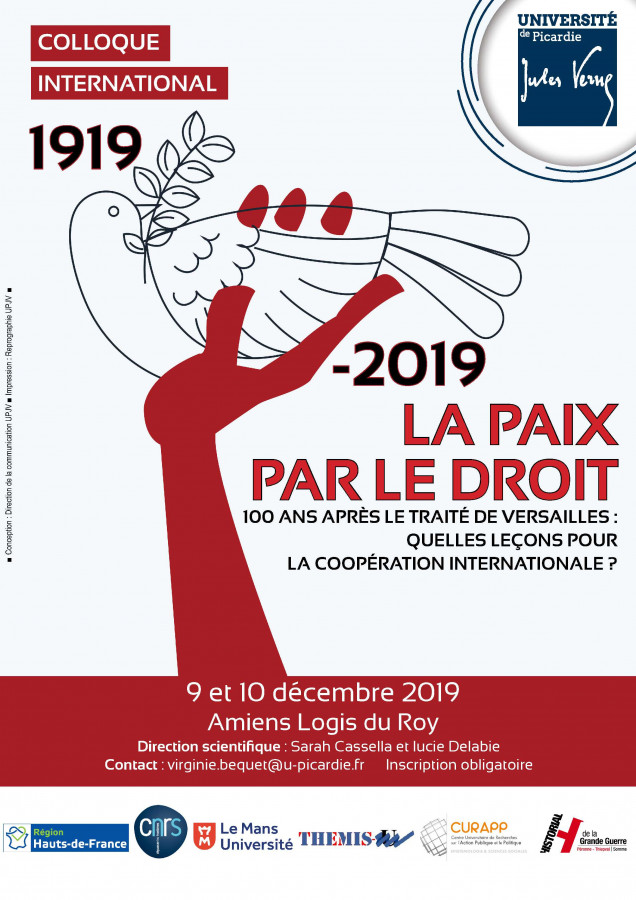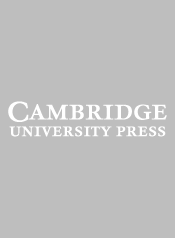(Source: University of Helsinki)
We learned that the University of Helsinki has an open position for a postdoctoral researcher in its “Law and the Uses of the Past” project. Here the call:
The University of Helsinki is the oldest and largest institution of academic education in Finland, an international scientific community of 40,000 students and researchers. In international university rankings, the University of Helsinki typically ranks among the top 100. The University of Helsinki seeks solutions for global challenges and creates new ways of thinking for the best of humanity. Through the power of science, the University has contributed to society, education and welfare since 1640.
The Faculty of Social Sciences is Finland’s leading research and education institution in the social sciences and also the most diverse in terms of its disciplines. In several research fields the Faculty belongs to the top 50 in the international rankings. The Faculty has a strong international profile both in research and teaching programmes. The number of academic staff stands at 450. Each year the faculty awards some 350 Bachelor’s degrees, 400 Master’s degrees, and more than 40 doctoral degrees. For more information on the Faculty of Social Sciences, please visit www.helsinki.fi/en/faculty-of-social-sciences.
The Faculty of Social Sciences invites applications for the position of
POSTDOCTORAL RESEARCHER
for a two-year fixed term period from 1 January 2020 onwards (or as agreed) to contribute to the subproject Law and the Uses of the Past of the Centre of Excellence (CoE) in Law, Identity and the European Narratives (EuroStorie, www.eurostorie.org).
The CoE is a part of the interdisciplinary Centre of European Studies. The purpose of the CoE is to launch a new, third generation inquiry that critically explores the emergence of narratives of Europe as responses to the crises of the twentieth century and how these narratives have shaped the ideas of justice and community in Europe. It studies the foundational stories that underlie the contested idea of a shared European heritage in law and culture, such as the ideas of rule of law, equality, tolerance, pluralism and the rejection of totalitarianism, and their relevance for current debates on identity and history.
In this context, the subproject Law and the Uses of the Past will study the emergence of the idea of a shared legal past in Europe as a key to future integration. The main purpose of the subproject is to explore the transformation of the self-understanding and the history of law in Europe, from the interwar years to the post-war integration. Central themes are, in addition to the notion of a shared past, the rise of European integration, Transatlantic links in legal scholarship and the emergence of human rights thought. As such, the subproject will focus on literature study and archival research with respect to a number of crucial thinkers in the historical development of a European legal past. Experience in conducting archival research and an expertise in any of the native languages of these thinkers is a plus.
An appointee to the position must hold a doctoral degree in a relevant field of (legal) history, political science, or equivalent. Moreover, he or she is expected to have the ability to conduct independent scientific research and possess the teaching skills required for the position. The period following the completion of doctoral degree must not exceed five years, excluding family leave and equivalent periods of absence. An appointee must be able to provide a clear contribution to the theme of the CoE and to its general development, together with full-time researchers, postdocs, visiting faculty, Ph.D. students, and graduate students working as research assistants. To fulfil the research requirements of the position, the applicant chosen is expected to be physically present on a regular basis and actively participate in the research and teaching activities of the CoE. An appointee is expected to contribute 2 months of the annual work time to joint projects at the CoE, develop her/his own and our common research agenda, and contribute to collective academic tasks such as teaching, seminars and joint academic papers. The teaching requirement is 5% of working time.
The annual gross salary range will be approx. 41,000 – 50,000 euros, depending on the appointee’s qualifications and experience. In addition, occupational healthcare will be provided. The employment contract will include a probationary period of six months.
Applicants are requested to enclose with their applications the following documents in English as a single pdf file:
1) A curriculum vitae (max 4 pages).2) A numbered list of publications on which the applicant has marked in bold her or his five key publications to be considered during the review. (You do not need to send copies of the publications themselves.)
3) A statement (max 2 pages) outlining how the applicant’s expertise could contribute both to research conducted at the CoE and to this specific subproject.
4) A research plan (max 6 pages) with an outline of how the study would contribute to the SP1 aims.
3) A statement (max 2 pages) outlining how the applicant’s expertise could contribute both to research conducted at the CoE and to this specific subproject.
4) A research plan (max 6 pages) with an outline of how the study would contribute to the SP1 aims.
For instructions, please see https://www.helsinki.fi/en/faculty-of-social-sciences/faculty/applying-f....
Please submit your application through the University of Helsinki Recruitment System via the link Apply for job. Applicants who are employees of the University of Helsinki are requested to submit their application via the SAP HR portal.
Further information about the position, and about the research theme Law and the Uses of the Past, may be obtained (in English and Finnish) from Dr. Kaius Tuori (kaius.tuori@helsinki.fi).
In case you need support with the recruitment system, please contact recruitment@helsinki.fi.
In case you need support with the recruitment system, please contact recruitment@helsinki.fi.
Due date
15.12.2019 23:59 EET
More info here
(source: ESCLH Blog)















